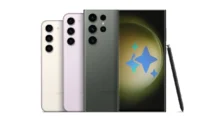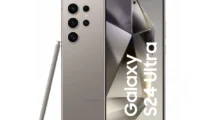Well, there has been some research done in the past to show that technologies do have an effect on the human mind.
So to prove how the smartphone is altering with our brain a group of researcher led by neurologist William Tatum at the Mayo Clinic in Jacksonville, Florida have conducted a test on 129 patients to monitor how brain waves changed using smartphones.
The scientist conducted the test for 16 months to evaluate each patient’s thoroughly during video EEG monitoring.
In the experiment the patients were asked to perform activities like texting, talking on the phone and finger tapping.
Scientists believed that by going through the patient’s activities, they would be able to test the attentions and cognitive functions of the brain.
William Tatum, Professor of Neurology, said that through this research he along with his team was able to find unique “texting rhythm” in one in five patients.
Out of all the activities that were conducted on the patient’s only text messaging resulted in a new brain wave.
Even though they were not able to crack about which aspects of texting prompts the effect but this finding, however, marks a significant advance study in the future.
The research which was published in the journal “Epilepsy & Behavior” concentrated on the point that the pattern may reflect some reward system.
In addition to this scientists also found out that the results may have no correlation with MRI results or age/gender of the person.
Other than smartphones the “texting rhythm” were also found in patients who used iPad. It is believed by researchers that “texting rhythm” may be because of concentration while typing or due to the device smaller screens.
The recent study makes us question whether the effect that has been found out by researchers are right or negative or does the latest report suggest that texting may activate those part of the brain which we may not use to our full potential otherwise.
But now what remains to be seen is what kind of effects various form of technology has not only on our mental processes but also on emotions, behavior and social interaction as well.




